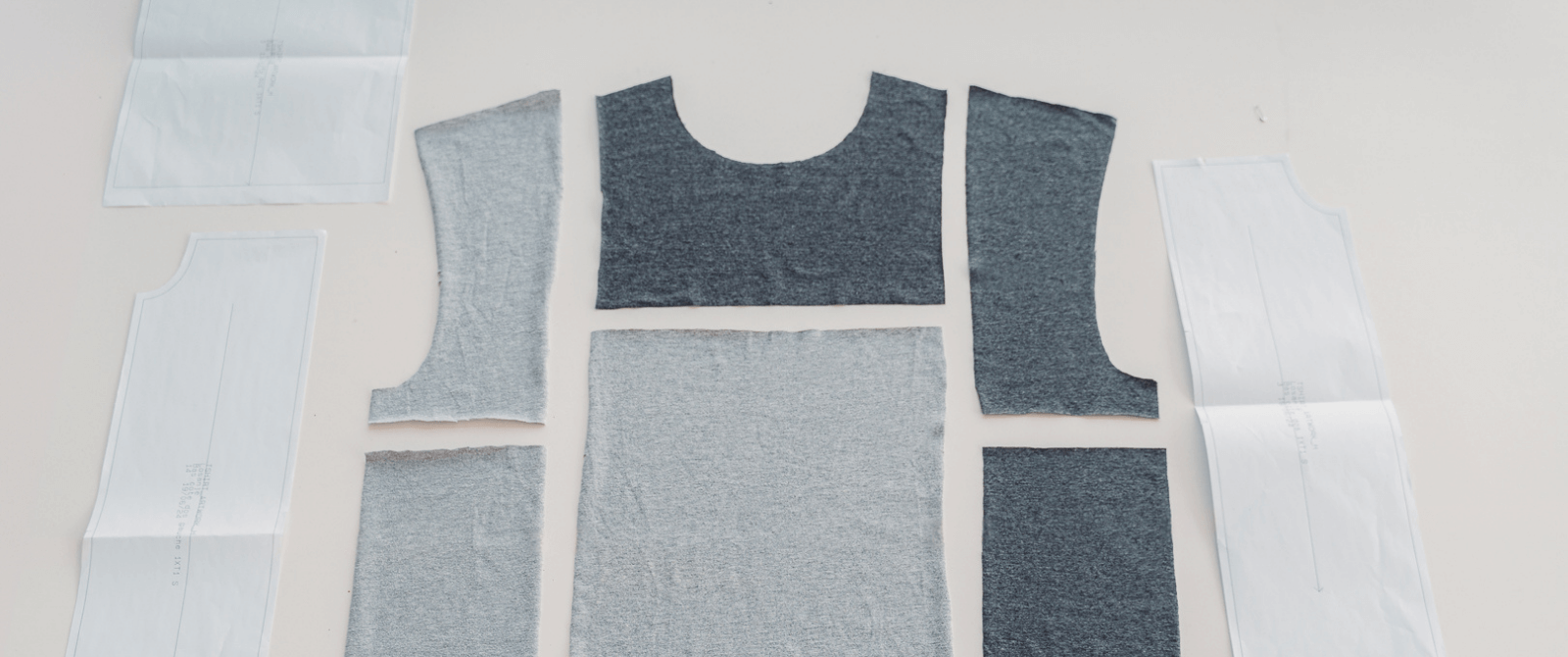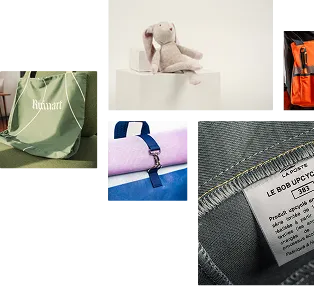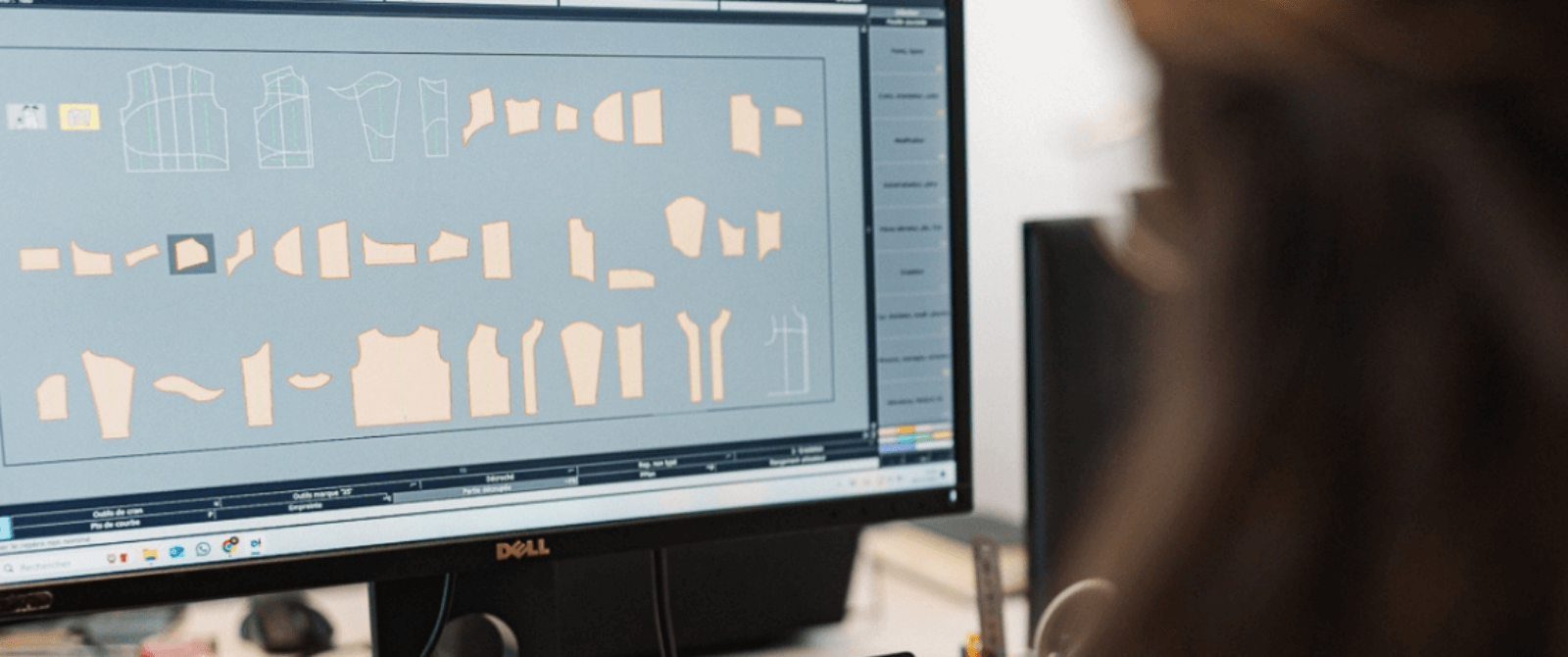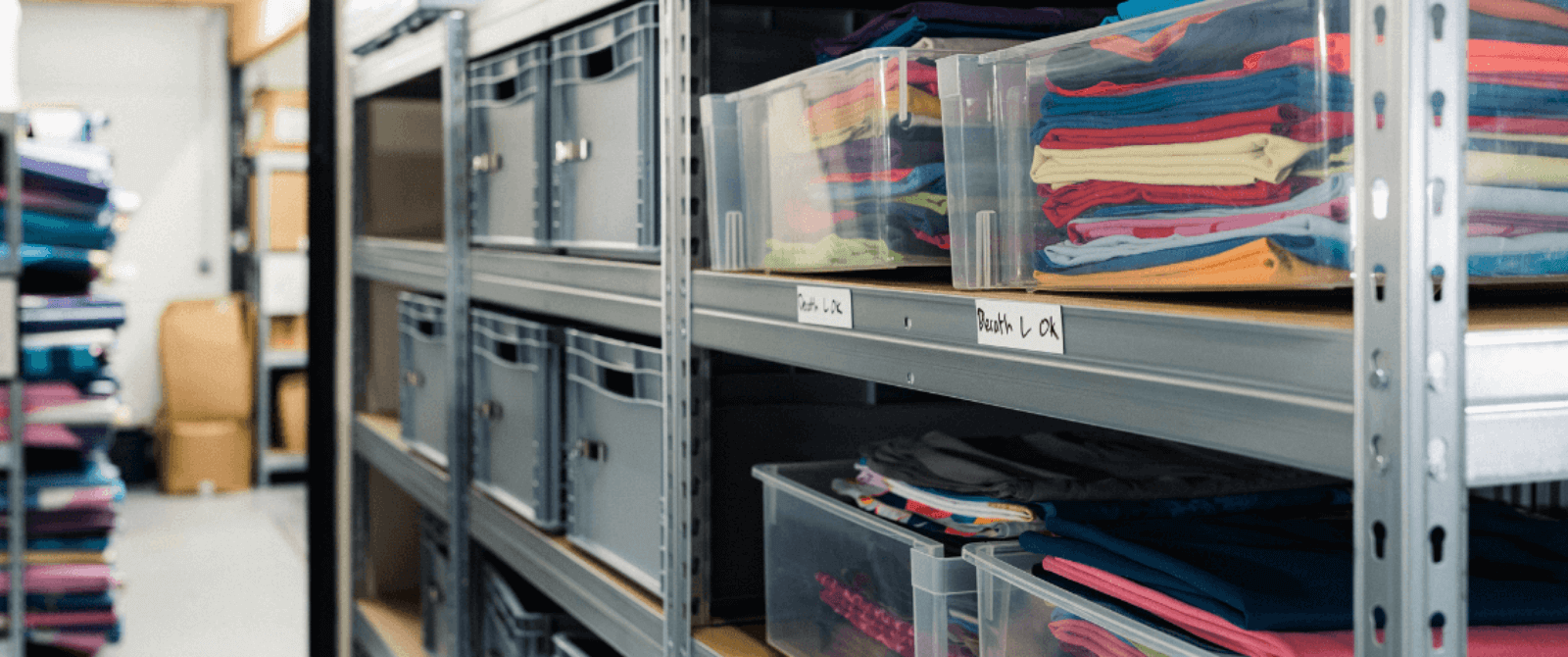Upcycling: a concrete response to the textile industry's environmental challenges
Faced with the environmental urgency of the textile industry, upcycling offers a circular, sustainable and innovative alternative for recycling existing materials.

your
textile products with us?
The textile industry is one of the most polluting in the world. If left unchanged, it could account for up to 26% of global greenhouse gas emissions by 2050. Faced with this environmental emergencytextile upcycling has emerged as an innovative, sustainable and circular solution, capable of reinventing the sector's production and consumption models.
A textile industry with a high environmental impact
Today, fashion is no longer simply a matter of style. It's also a major ecological issue. The textile industry is the fourth biggest source of pollution in Europe. It is responsible for :
- 4 billion tonnes of CO₂ emitted every year, 90% of which is linked to the production of virgin raw materials ;
- The release of plastic microparticles equivalent to 24 billion bottles, due to synthetic textiles;
- Exorbitant water consumption, with 70 showers needed to produce a single T-shirt, often treated with harmful chemical dyes.
Fast fashion exacerbates this environmental pressure, generating over 5 million tonnes of discarded clothing every year, much of which has never been worn. It's time to move away from the linear model and make the most of existing materials.
Textile upcycling: a sustainable, circular alternative
Upcycling, or textile overcycling, consists in reusing existing textiles (unsold, surplus, offcuts, obsolete products) to create new garments or accessories, without returning them to their raw material state.
This practice offers many environmental benefits:
- Up to 92% reduction in CO₂ emissions, thanks to the absence of virgin material production ;
- 10,000 times less water consumption than conventional methods;
- No dyes or chemicals, which considerably reduces the impact on ecosystems and human health.
But textile upcycling is also a solution to overproduction:
- It gives a second life to dormant stocksand textile waste;
- It transforms logistical constraints into creative and economic opportunities;
- It promotes a circular textile economyin line with sustainable development objectives.
.jpg)
Why companies have everything to gain
Integrating an upcycling strategy into your textile business model is not just an ecological commitment, it's also a business lever:
- Reduced carbon footprint and better compliance with environmental laws (AGECREACH, etc.);
- Recover unsold goods and reduce raw material costs;
- Meeting the expectations of consumers looking for sustainable and responsible fashion;
- Strengthening brand image through ethical storytelling and effective CSR marketing;
- Textile innovation for local, made-to-measure, sustainable production.
At Losanje, we support brands, companies and institutions in their projects to textile recycling projects. Thanks to our expertise in industrial upcyclingwe transform regulatory and logistical constraints into meaningful projects.
Upcycling, the driving force behind circular fashion
The future of textiles lies in upcycling. By reusing existing materials instead of producing new ones, this approach reduces the environmental impact of the textile industry, while creating sustainable, original and value-bearing products.
Losanje is proud to be at the forefront of this revolution. By combining technology, know-how and environmental commitment, we are proving thatB2B textile upcycling is a scalable, credible and desirable solution.
Are you ready to join the movement?
Ideas, materials,
a project? We'd love to hear from you.
At Losanje, we can help you create responsible textile products, whether you have materials to recycle or not.
You might like
...




